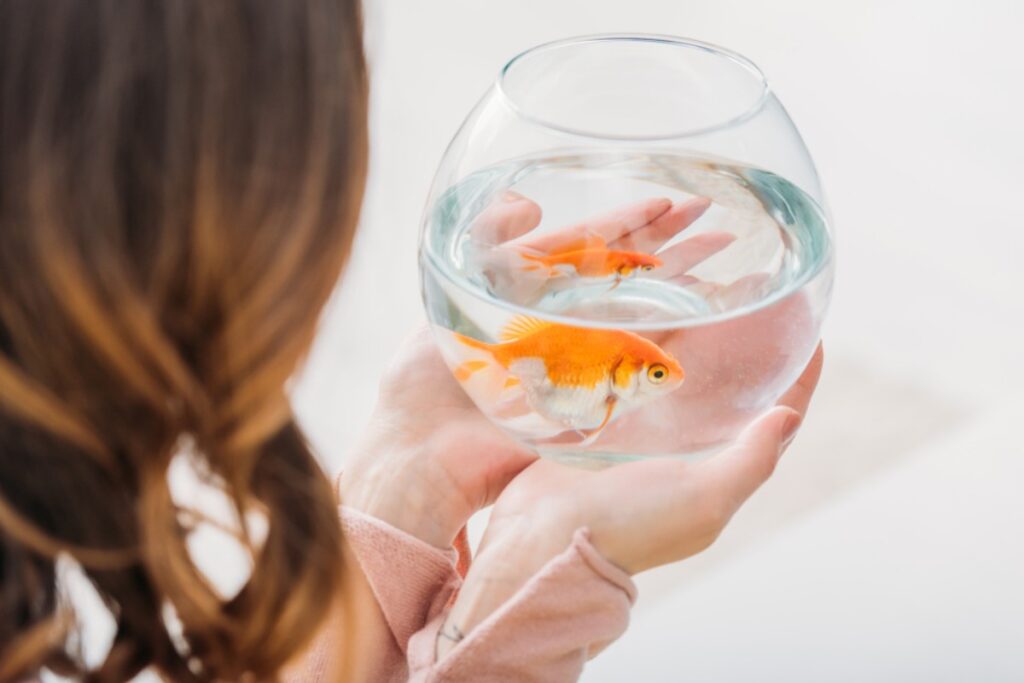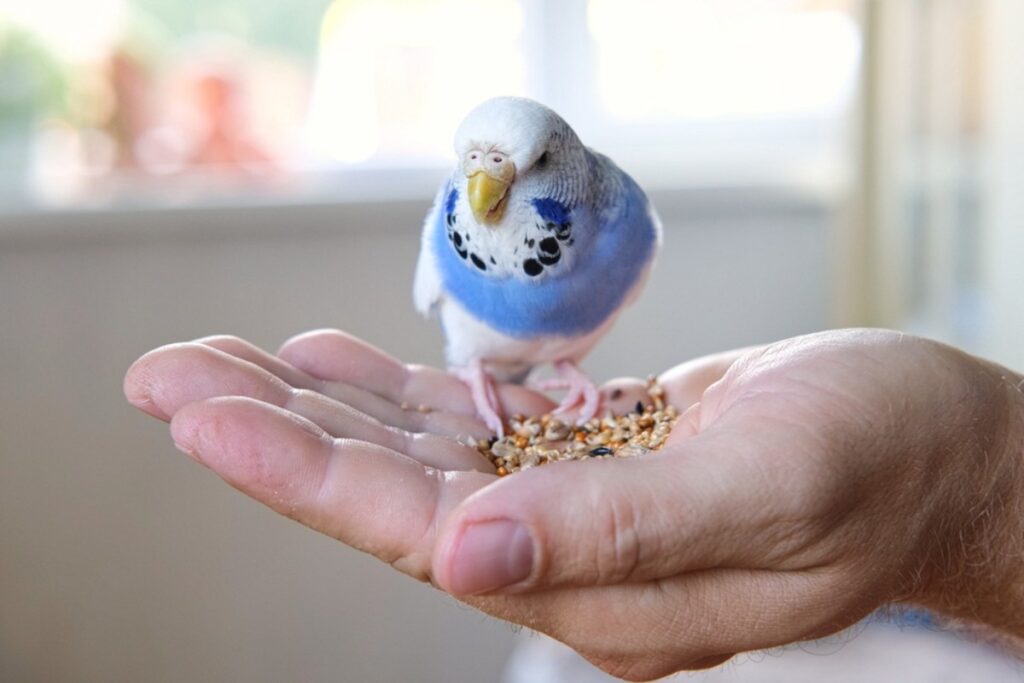15 Random Things People Google Late at Night
Ever scrolled through your phone at an odd hour and stumbled into a rabbit hole of bizarre questions? The internet is always awake, and so are our strangest curiosities.
People’s late-night searches can be hilarious, weird, or just plain confusing. When the world is quiet, our brains get creative.
Why do cats stare at walls at 3 AM?

If your cat is staring at a wall at 3 AM, don’t worry—they probably aren’t plotting world domination. Cats have super-powered hearing and sight.
They might be noticing tiny sounds or movements you can’t detect, like a mouse or maybe a spider doing its own late-night dance. Sometimes, your cat just decides the wall is more interesting than their usual napping spot.
Older cats staring at walls could mean something else, like confusion or mild brain fog. If your kitty starts meowing oddly or acting lost, a quick vet visit might be worth it.
Otherwise, it’s just your feline friend’s version of people watching—except, instead of Netflix, it’s a blank wall.
Can I teach my goldfish to fetch?

You might be wondering if your goldfish can become a tiny athlete and fetch like a puppy. The good news? Your goldfish can learn to fetch small floating objects.
It takes patience and treats. Use food as a reward every time your goldfish nudges or pushes a little ball or toy back to you.
Don’t expect a perfect game of fetch, though. Your goldfish won’t sprint to get the ball, but it might push objects around or gently bump them closer.
Keep sessions short and distraction-free, and don’t get mad if your fish just stares at you instead of fetching. They have better things to do, like swimming in circles.
Is it possible to cry underwater?

So, you’re wondering if you can have a good cry while swimming laps or snorkeling, huh? The short answer is yes—you can cry underwater.
Your eyes will still make tears when you’re sad, angry, or just really emotional. But here’s the catch: underwater, tears don’t stream down your face like they do on land.
The water pressure makes it hard for tears to form little waterfalls. Any tears you do shed quickly mix with the pool or ocean water.
If you’re swimming in a pool, your tears might have to fight with chlorine or sand. Your eyes will keep making tears to wash out the irritants, so it’s like crying with a built-in eye-cleaning crew.
In short, you can cry underwater, but it won’t look like the movie scenes you’re used to. No teardrop trails or snotty noses—just quiet, sneaky crying beneath the waves.
Do plants sleep or just pretend?

You might think plants just stand there looking lazy at night, but nope—they have their own kind of “sleep.” They don’t snore or dream, but they do close their leaves and slow down, which kind of looks like they’re taking a break.
Plants follow something like a night shift, turning on and off certain functions based on light. It’s all controlled by their super-organized internal clock, called a circadian rhythm.
While you’re busy counting sheep, plants are busy conserving water and protecting themselves. They also grow at night, just in a quieter, sneakier way.
Can I survive on pizza alone?

You might wonder, “Can I live on pizza alone?” There’s a guy named Dan Janssen who has eaten pizza for nearly every meal for 25 years.
Pizza does have some basic nutrients. The crust offers carbs, cheese brings protein and fat, and toppings add some vitamins.
But it’s missing a lot of things your body actually needs to stay healthy long term. If you tried this, you’d probably miss out on fiber, certain vitamins, and minerals.
So yes, you can survive. But expect some side effects—like weird cravings or feeling sluggish.
Why does my left sock always disappear?

You’ve probably noticed that it’s almost always the left sock that goes missing. It’s like your dryer has a secret vendetta against one side of your feet.
Socks get lost in strange ways. They cling to sheets, hide in pant legs, or sneak behind furniture like tiny, sneaky ninjas.
Some say socks turn into wire coat hangers in disguise. The mystery remains, but those missing left socks sure keep your sock game interesting.
Are ghosts afraid of dogs?

You might wonder if ghosts get spooked by your dog’s growl. Dogs bark at things we can’t see, so maybe ghosts are just shy around furry bouncers.
Your dog’s super senses—smell, hearing, even some spooky sixth sense—make them great ghost detectors. If a ghost tried to hang around, your dog might just give it a warning bark or a suspicious stare.
But don’t expect your dog to scare ghosts away like a ghostbuster. Ghosts might be invisible, but they’re likely too polite to argue with a dog’s nose or whistle.
So next time your pet acts weird late at night, maybe it’s not the squirrel on the porch, but a ghost choosing to stay out of your dog’s way.
Can I become a millionaire by selling invisible art?

You might be wondering if selling invisible art could fill your bank account without lifting a paintbrush. Believe it or not, it has happened before.
One artist sold an “invisible sculpture” for over $18,000. Yep, people bought air—and paid for it!
So, could you do the same? Selling “nothing” as art takes serious confidence and a crowd that loves weird.
Not everyone will get it, but some might bite if you pitch it right. Think of it as selling the idea of art instead of the art itself.
But don’t pack your bags for a luxury island just yet. Millionaire status might need more than empty space—maybe some clever marketing or other types of art too.
What happens if I microwave a spoon?

If you decide to toss a spoon in the microwave, you might be playing with fire—well, sort of. Metal reflects the microwaves, so instead of heating your food, your spoon could spark like a tiny fireworks show.
Sometimes, nothing happens. Your spoon might just chill in there quietly, but don’t get too comfortable.
Other times, parts of the spoon heat up unevenly, which means touching it could give your fingers a surprise burn. Ouch!
Your microwave might not be happy either. The metal can confuse the machine’s signals, and with enough sparks, you could damage your appliance.
So, if you want to avoid a smoky kitchen mystery or a broken microwave, stick to spoons outside the microwave.
Do sharks get seasick?

You might wonder if sharks get seasick, rolling with the waves like a dizzy boat passenger. Good news: sharks don’t get seasick.
They live in the ocean all the time, so their bodies are built to handle the motion. Sharks don’t have the same inner ear structures that make us feel nauseous on a rocking ship.
So, while you clutch the railing, a shark is probably just chilling, not feeling green at all.
Can blinking really transmit secret messages?

You might think blinking is just your eyes’ way of staying wet and happy. But some folks believe blinking can send secret signals.
Like a wink, which everyone agrees is basically a tiny, sneaky message that says, “Hey, I noticed you.” Blinking on one side, or winking, can actually trigger a rush of feel-good hormones.
But be careful. Rapid blinking could mean you’re nervous, tired, or trying not to fall asleep during a boring Zoom call.
If blinking were Morse code, you’d need a lot of practice to crack the message. Your eyes are still sending signals, just not ones that spies usually eavesdrop on.
Why do my thoughts sound louder at midnight?

At midnight, your brain decides to throw a surprise party—of loud, chatty thoughts. When everything around you is quiet, your mind’s usual background noise suddenly feels like it’s shouting.
During the day, your brain is busy juggling tasks and noises. But at night, when your body tells you to shut down, your brain’s like, “Wait, wait! I’ve got so many things to think about now!”
Plus, your brain doesn’t have a mute button for stress or worries. All those little things you ignored during the day start crashing the quiet party in your head.
If only there was an “off” switch, right? Instead, you get front-row seats to the midnight mind circus.

You might wonder if chatting with your leafy friends makes you the neighborhood weirdo. Spoiler: many people do it, and not just in lonely apartment corners.
Talking to plants is kind of like having a conversation with a very quiet, very green roommate. Sure, your houseplants won’t answer back—unless you count the occasional leaf twitch.
No one’s judging a good pep talk or a motivational speech for that sad little fern. If anything, it shows you care… or you’re practicing for future alien encounters.
Some folks say it’s about bonding, others say it helps you pay more attention to your plants. Either way, you’re not alone.
So go ahead, whisper sweet nothings to your fiddle leaf fig. Just maybe avoid yelling at it during a bad day—plants don’t handle drama any better than people do.
Can I train my parrot to do my taxes?

Ever wondered if your parrot could help out with tax season? While these birds can learn tricks and even mimic speech, handling tax forms is a different story.
Parrots love attention and can repeat words, but they don’t actually understand what taxes are. Don’t expect yours to start crunching numbers or figuring out deductions.
You’ll still need that human brain for tax season. At least your bird can keep you company while you sort through receipts.
Why does toast always land butter-side down?

Ever notice how dropped toast seems to aim for the messiest landing? It’s not just your imagination.
When toast slips off your plate or table, it usually starts butter-side up. Because most tables are just the right height, the toast only has time to make about half a spin.
That means it flips over and lands butter-side down. Plus, the butter adds extra weight to one side.
This changes how your toast spins as it falls, making that buttery disaster even more likely. Your brain also tends to remember the times toast lands butter-side down more vividly than the rare clean landings.







